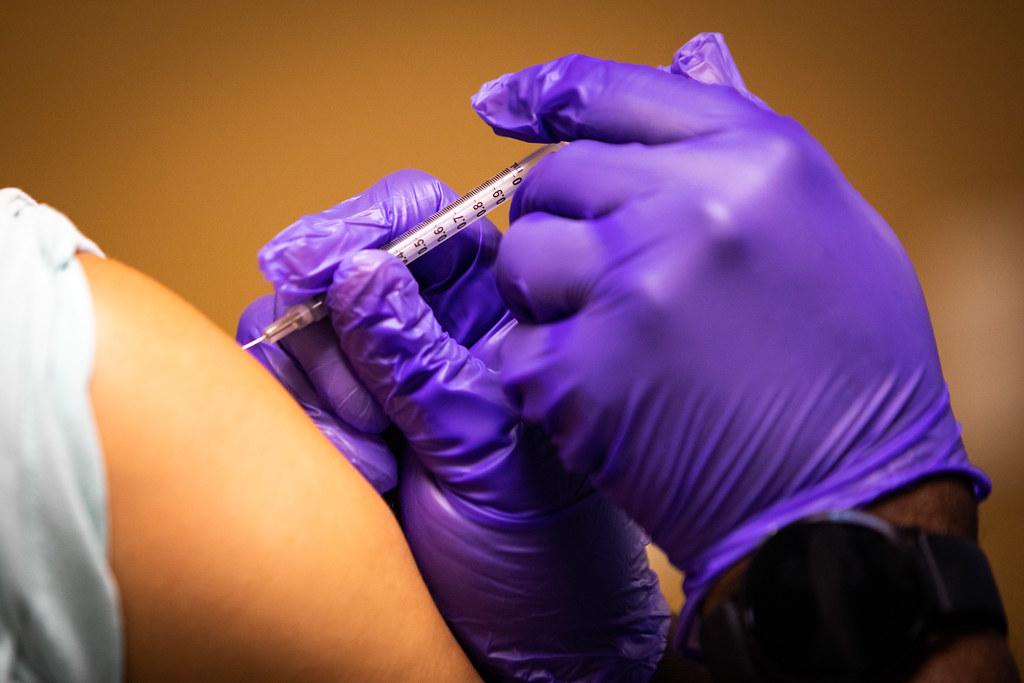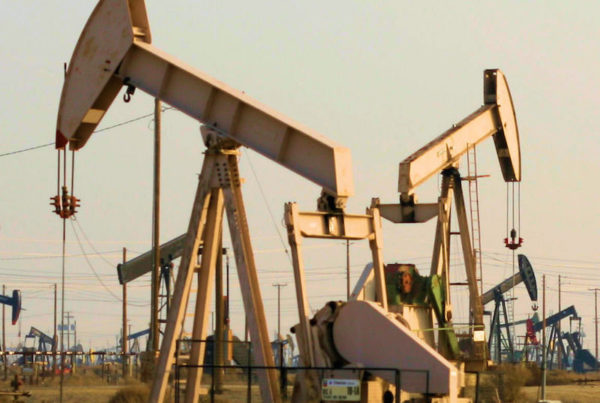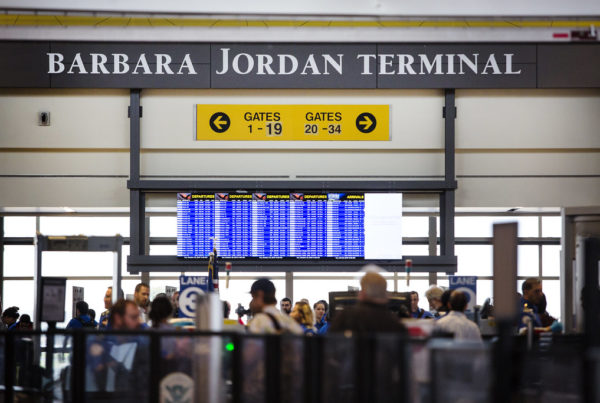Most people seem to tolerate the coronavirus vaccine just fine. But if you are one of those few people who has an adverse reaction to your first COVID-19 shot, what should you do when it comes to getting your second one?
If you have a bad reaction to the vaccine, the symptoms can be serious. They include:
-Severe change in blood pressure
-Shortness of breath or wheezing
-Itchiness and hives
If you experience any of those symptoms after receiving the first vaccine, that “would be serious enough to avoid a second exposure to a vaccine,” according to Dr. Campbell.
“People with severe reactions, particularly those that require a shot of epinephrine…a second vaccination would not be recommended [for them],” Campbell said.
Why is it important to keep the vaccination record card you get after your first vaccine?
“The documentation of which vaccine one gets is probably going to be important in the future when we have to decide about how long these vaccines are effective in maintaining the immune response and if, in fact, we need to consider boosting those vaccines with a another injection,” Campbell said.
What’s the latest on what we know about whether vaccinated people can contract and spread the virus?
It’s unclear. Research is ongoing, but is currently incomplete.
For now, the safest approach for vaccinated and non-vaccinated people is to continue avoiding close contact with members of at-risk groups, including the elderly, people with chronic illnesses, or people who take medicine that can compromise their immune system.
“I’m very happy we are nearing a situation where we can feel comfortable telling people that they can be more active in the community. Unfortunately, we’re certainly several months off before we can be sure about that,” Campbell said.














